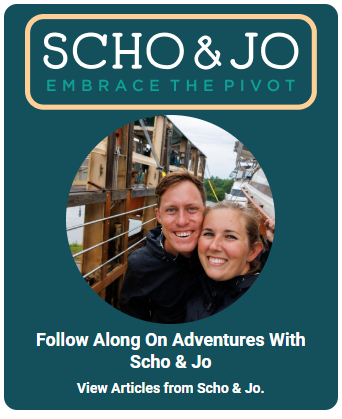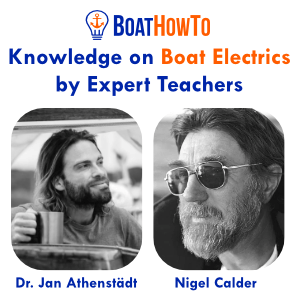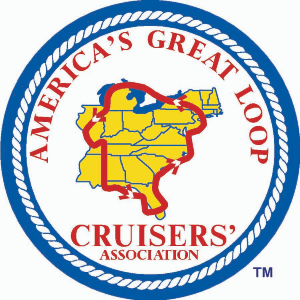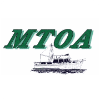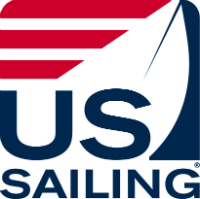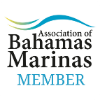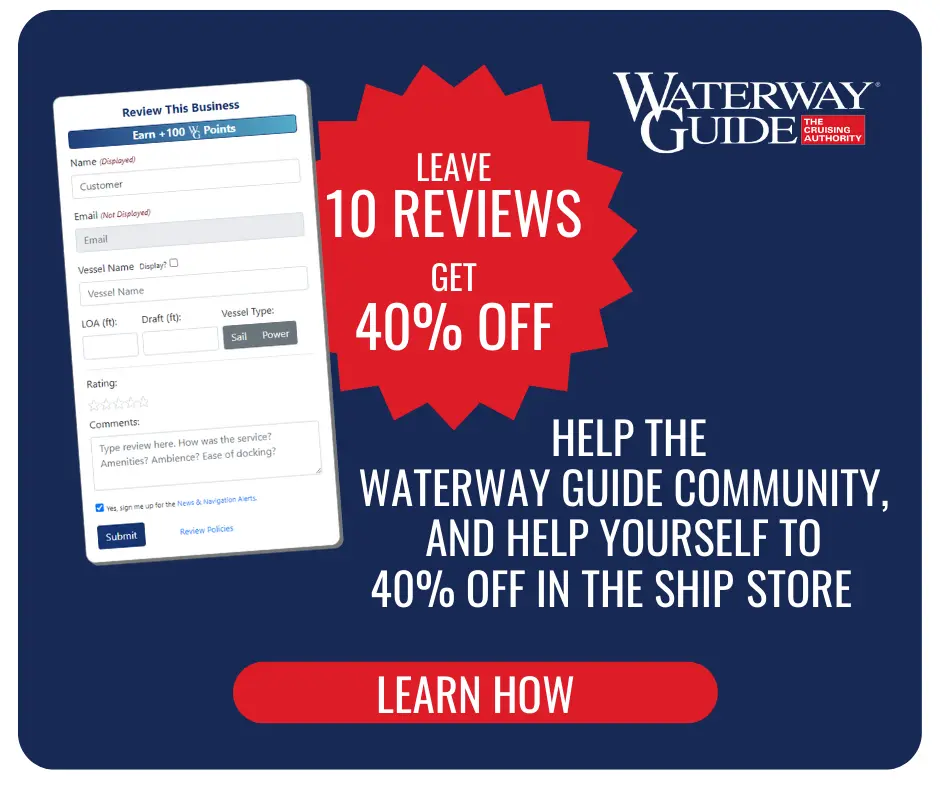The William & Mary Virginia Institute of Marine Science (VIMS) now offers a series of captivating, behind-the-scenes videos that offer an insider’s look at how the Institute is translating its research into practical solutions for our waters, communities, and economy. Over the next few months Waterway Guide News will highlight a new facet of this ongoing series.
The first installment of the VIMS "Deeper Dive" video series explores how researchers with VIMS' Center for Coastal Resources Management helping homeowners counteract shoreline erosion.
The Virginia Institute of Marine Science and its federal partners offer a wide variety of free public programs, both on the VIMS campus in Gloucester Point and at venues throughout Hampton Roads and the lower Chesapeake Bay region.
VIMS Center for Coastal Resource Management (CCRM) Marine Scientist Molly Mitchell talks about how one of the tasks that she and others at CCRM is to “work with local people to help the make really good decisions for their shoreline.”
Carl Hershner Jr., VIMS professor, explains how their systems help residents tackle sea level rise and maintain the integrity of the natural system through the use of “living shorelines,” vegetation that helps to both preserve the area and protect the natural processes inherent in the ecosystem.
The systems also use the prevailing wind and wave energy to direct flow and protect the shoreline.
A shoreline study group assists residents and municipalities in designing solutions that help ward-off erosion and other shoreline issues.
The video also shows the resources available on the VIMS website that allow residents access to information, maps and photos of a variety of shoreline solutions.
The series includes: Saving the Shoreline, Responding to Plastics Pollution, Deploying Bots in the Bay, Forecasting Tidal Flooding, Modeling Storm Surge and Surveying the Sea Floor.
This “Deeper Dive” video series, available on the VIMS website and YouTube, demonstrates that not everyone who earns a Ph.D. in marine science goes on to work in a lab or a classroom, but may instead choose to bridge the gap between the lab and raising our collective coastal IQ.



